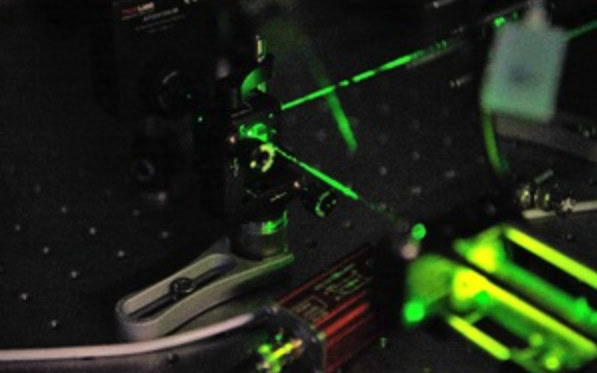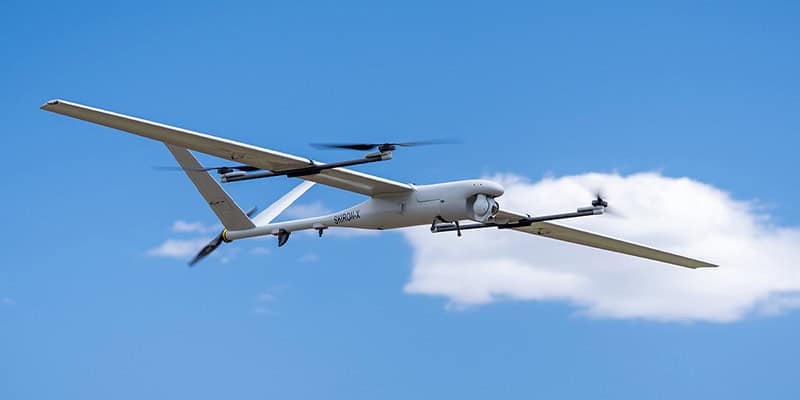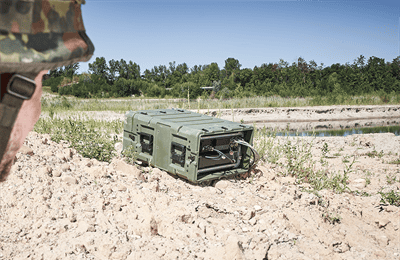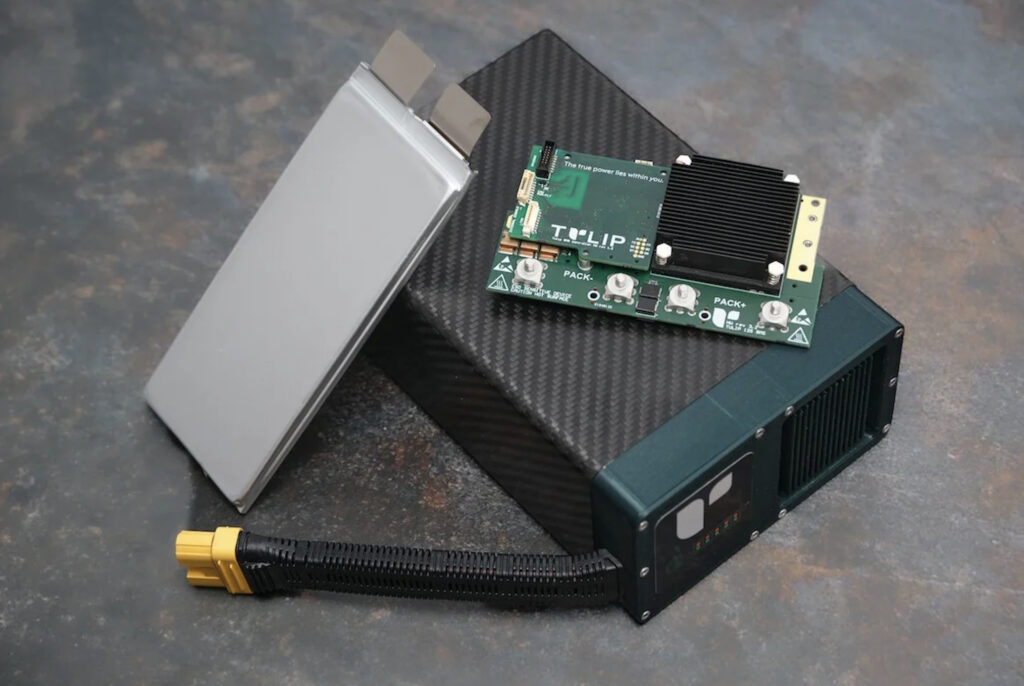
Discover Leading Defense Technology Solutions
Discover cutting-edge solutions from leading global suppliersMilitary personnel will use groundbreaking quantum technology to conduct more secure and precise operations, thanks to a new high-tech atomic clock.

Developed at the Defence Science and Technology Laboratory (Dstl), the quantum clock will be a leap forward in improving intelligence, surveillance and reconnaissance by decreasing the reliance on GPS technology, which can be disrupted and blocked by adversaries.
The clock’s precision is so refined that it will lose less than one second over billions of years, allowing scientists to measure time at an unprecedented scale. It is the first device of its kind to be built in the UK and will be deployable on military operations in the next five years.
The applications of quantum clocks extend beyond precision timekeeping. Further improvement to GPS accuracy could transform global navigation systems, aiding in everything from satellite communication to aircraft navigation.
The development of this cutting-edge technology supports key components of the UK Government’s Plan for Change, safeguarding national security while supporting skilled, productive jobs which foster economic growth.
In addition, further research will see the technology decrease in size to allow mass manufacturing and miniaturisation, unlocking a wide range of applications, such as use by military vehicles and aircraft.
Improved clocks, such as this atomic device, will allow the Ministry of Defence to further support current and future capabilities. For example, quantum clocks can:
- Enable more precise and independent navigation systems, reducing reliance on GPS satellites, which are vulnerable to jamming or destruction in conflict scenarios.
- Secure communications systems, such as encrypted military networks, which depend on highly synchronised timekeeping.
- Enhance the accuracy of advanced weapon systems, like guided missiles, which rely on accurate timing to calculate trajectories and coordinate attacks.
- Allow our Armed Forces to gain an edge over adversaries in timing-critical operations, especially in areas like cyber warfare, where milliseconds can make a difference.
Minister for Defence Procurement and Industry, Maria Eagle MP, said, “Integrating cutting edge technology into existing capabilities exemplifies the Government’s commitment to innovation in the defence sector, and to ensuring our Armed Forces have the best kit possible to keep us secure at home and strong abroad.
“The trialling of this emerging, groundbreaking technology could not only strengthen our operational capability, but also drive progress in industry, bolster our science sector and support high-skilled jobs.”
The trial is the first time that Dstl has tested a UK-built optical atomic clock outside of a laboratory, offering a new capability beyond the Global Navigation Satellite Systems (GNSS) that currently exist. GNSS vulnerabilities are a known national security risk, with atomic clock technology having the potential to provide a stable sovereign-controlled capability for maintenance of precise time for critical operations.
Dstl’s Chief Executive, Paul Hollinshead, said, “This first trial of advanced atomic clock represents a significant achievement in the UK’s quantum technology capabilities.
“The data gathered will not only shape future Defence effort but is also a signal to industry and academia that we are serious about exploring quantum technologies for secure and resilient operational advantage.”
The trial involved key partners including Infleqtion (UK), Aquark Technologies, HCD Research and Imperial College London, as well as in-house technology developed at Dstl’s quantum laboratory. These prototype frequency standards were tested in collaboration with the Royal Navy’s Office of the Chief Technical Officer and the Army Futures team at the BattleLab.
Commander Matt Steele, the Future Technology Officer for the Royal Navy’s Office of the Chief Technical Officer, stated, “The Navy has been looking at quantum technologies for a number of years and it is exciting to see that the challenges of physics and engineering in this area are now no longer a scientific concept, but is now reaching the cusp of reality.”
“In the next few years, the ability to operate effectively, to survive, and to navigate and also to remain lethal with the use of Quantum alongside GPS will secure operational advantage.”
The ‘Demonstration of Advanced Timing Apparatus’ (DATA) is part of a planned series of experiments designed to understand the performance and limitations of quantum clocks, with potential benefits for military and national infrastructure resilience.
The MoD, via Dstl, has invested more than £28 million to shape the UK’s research and development to achieve early adopter advantage of these ground-breaking technologies and put defence and security needs at the forefront of the UK efforts.
Jonathan, a technical leader for industry partner Infleqtion, said, “Quantum is really important to the UK especially from a defence perspective. If you look at what’s happening in the world at the moment, it’s becoming increasingly obvious that we need better and more robust position navigation and timing services, and that’s something that quantum is uniquely placed to be able to provide.”

























